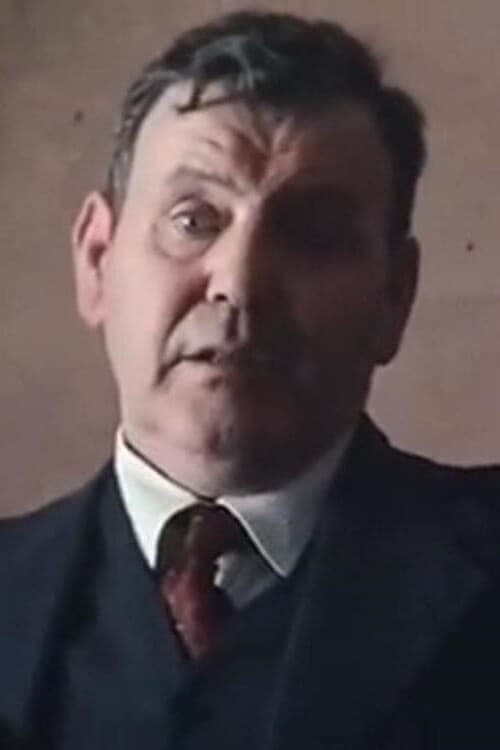Peter Kerrigan
Nascimento : 1916-01-01, Bootle, Liverpool, Merseyside, England, UK
História
Peter Kerrigan was a Liverpudlian actor famous for his work on a series of TV plays, many of which were directed by Ken Loach, and for his role as George Malone in Alan Bleasdale's Boys From the Blackstuff. Born in Bootle in 1916, Kerrigan was a docker originally and, as a Communist Party member, founded the Birkenhead Port Workers Defence Committee. At some point in the '50s, he joined the National Association of Stevedores and Dockers and he wrote the 1958 pamphlet, 'What Next For Britain's Port Workers?' on behalf of the Socialist Labour League - the party he had joined following his departure from the CP. In official retirement Kerrigan became an actor appearing in the militant dockworkers drama The Big Flame, written by Jim Allen and directed by Ken Loach. The play stimulated the formation of a political group of the same name, largely based in Liverpool. He was soon in demand, appearing in Loach's The Rank and File and Days of Hope, as well as the Play For Today's The Spongers and United Kingdom, and the drama The Gathering Seed - all of which were again written by Allen. He also appeared in Z Cars, The Sweeney, Family at War, Strumpet City, Crown Court, Brookside and Scully. But he'll perhaps be best remembered as George Malone in The Blackstuff and its subsequent spin off series, Boys from The Blackstuff, in which he played a blacklisted former docker and trade unionist.


